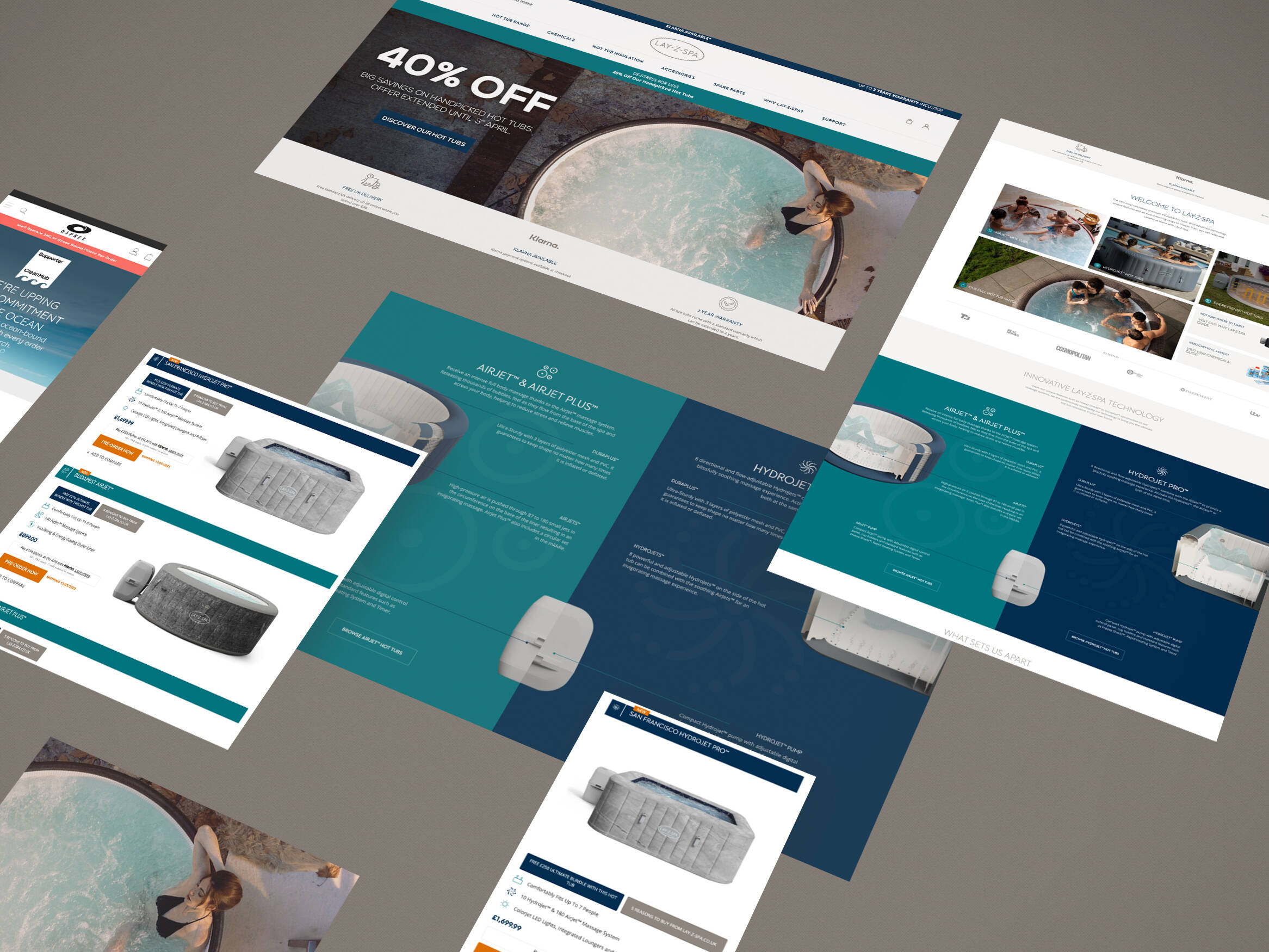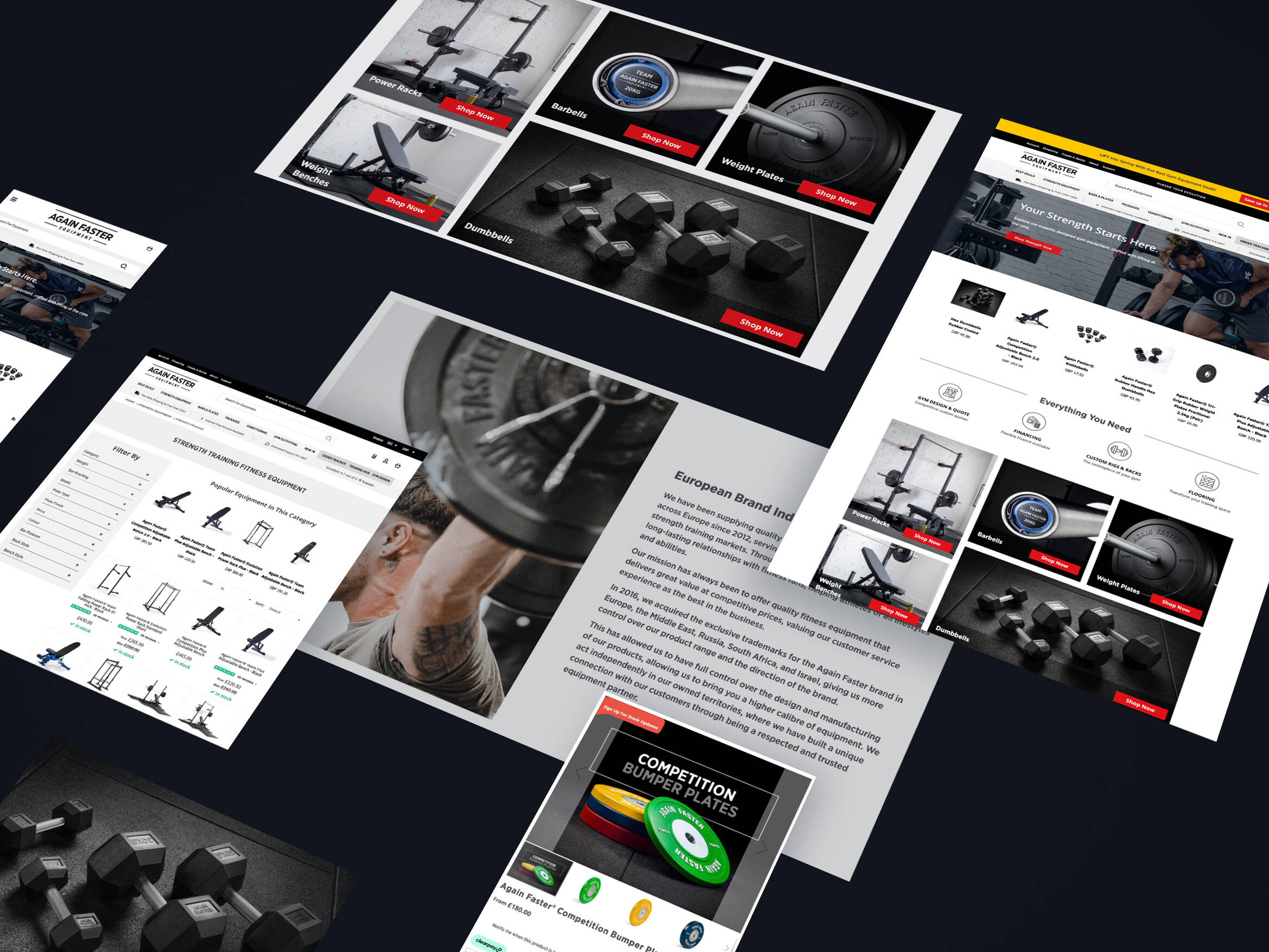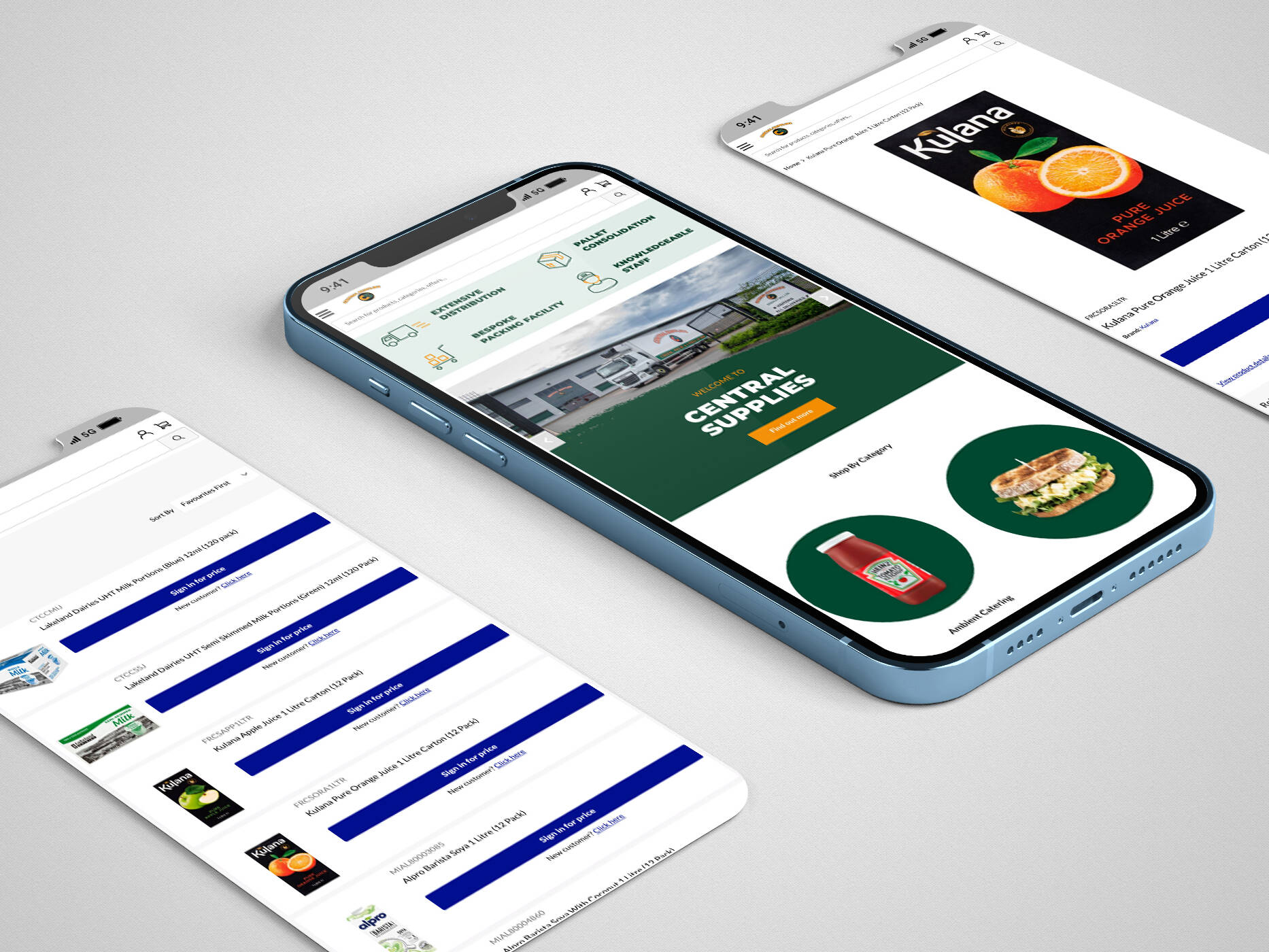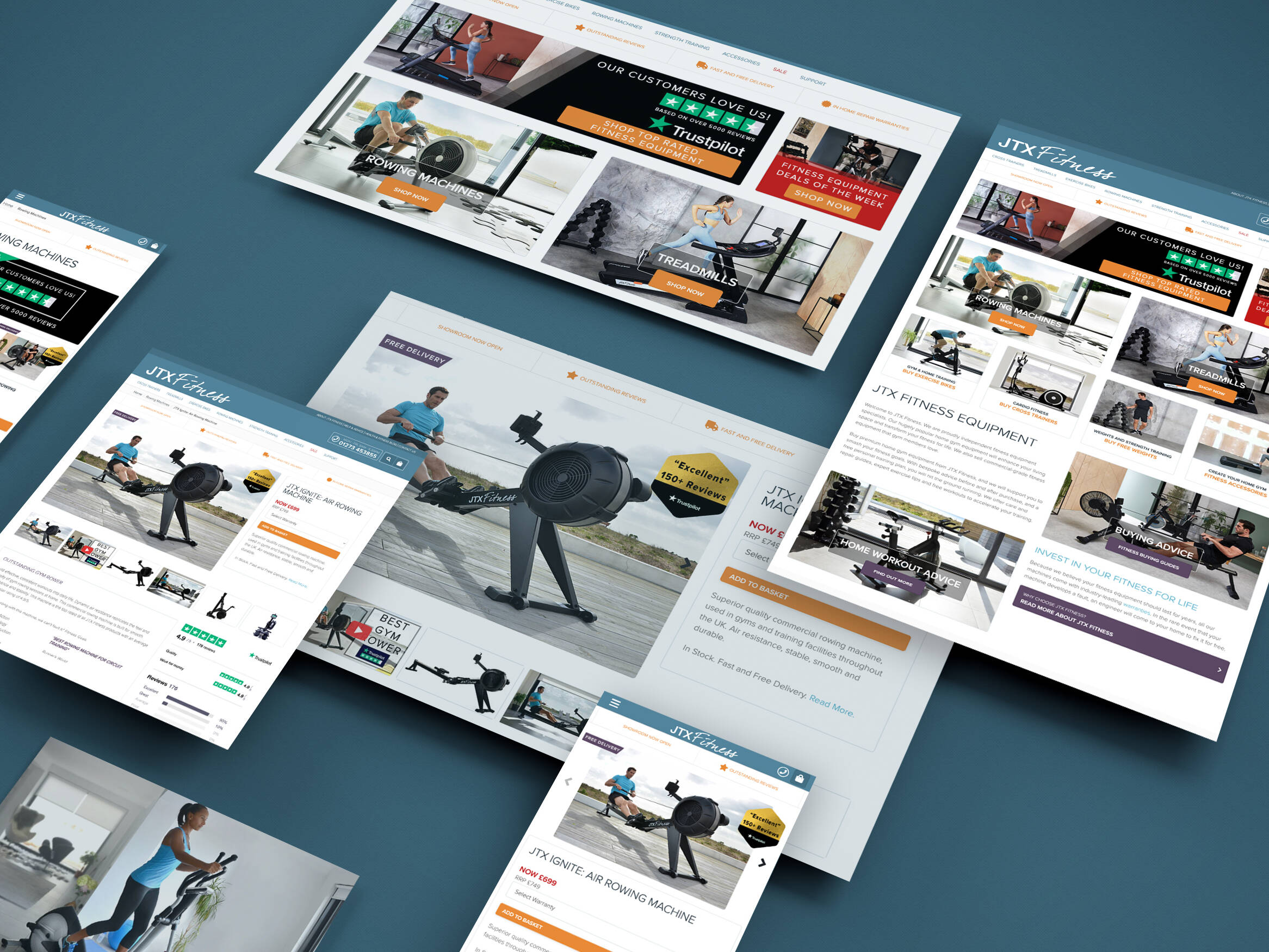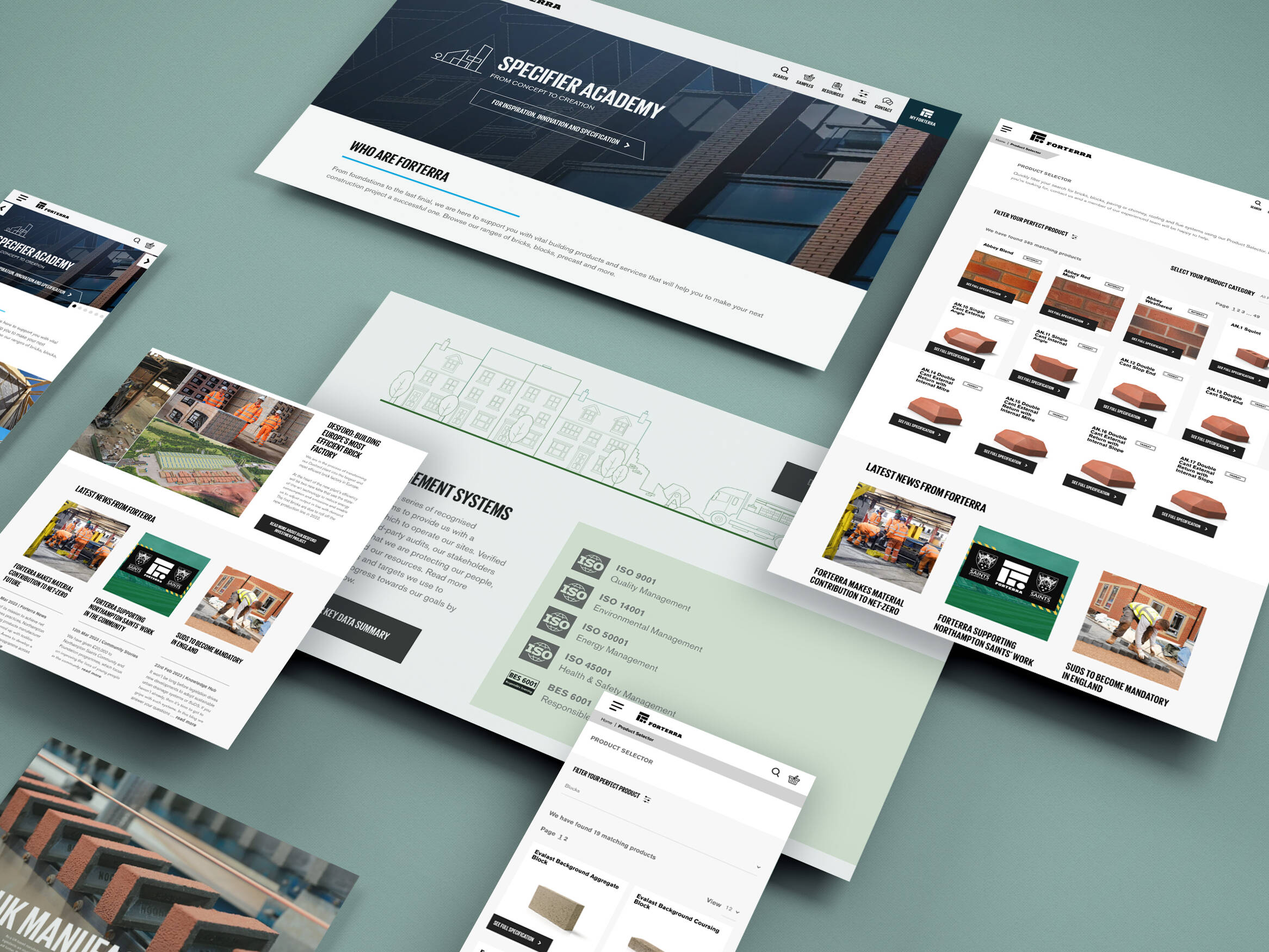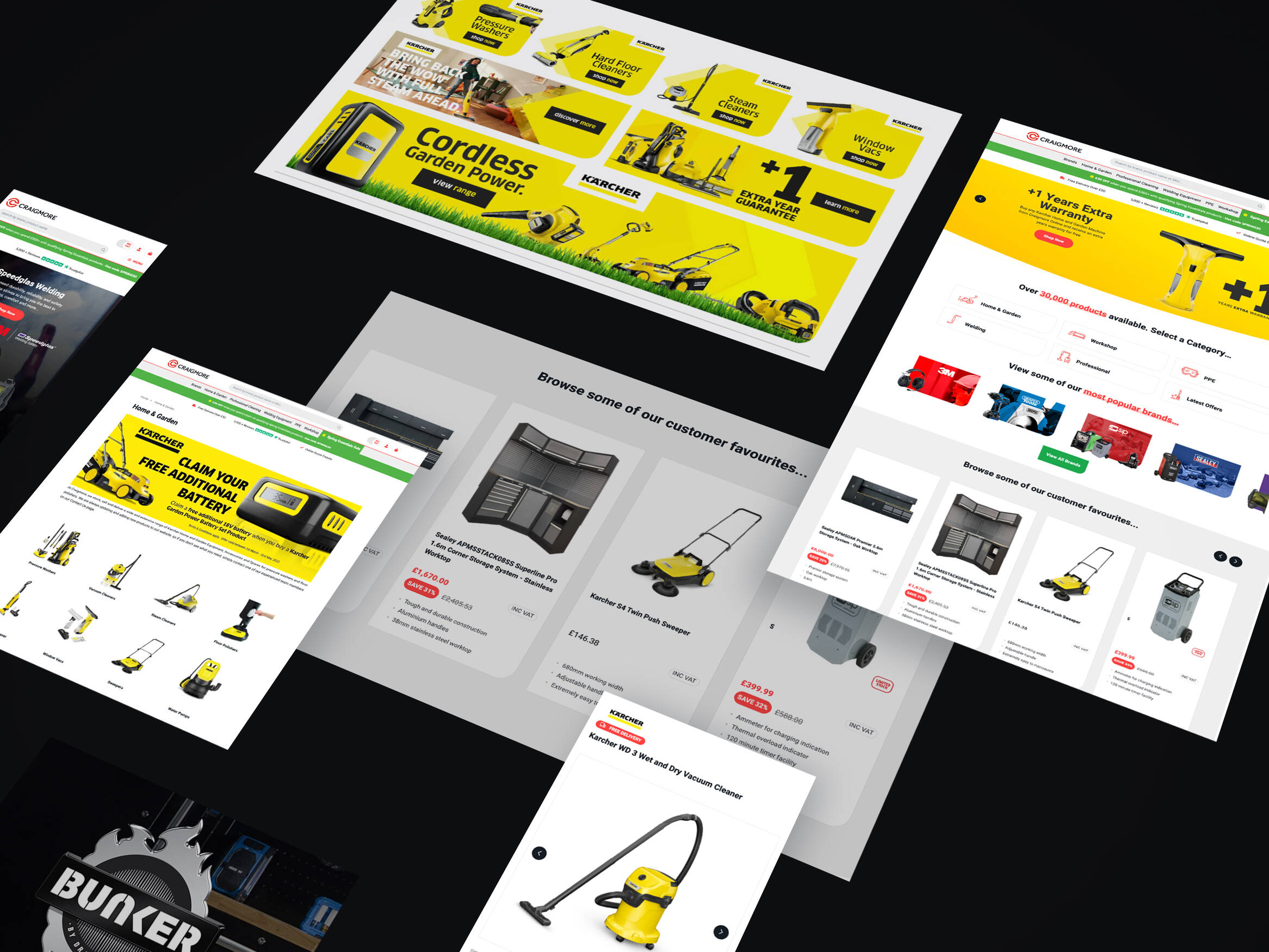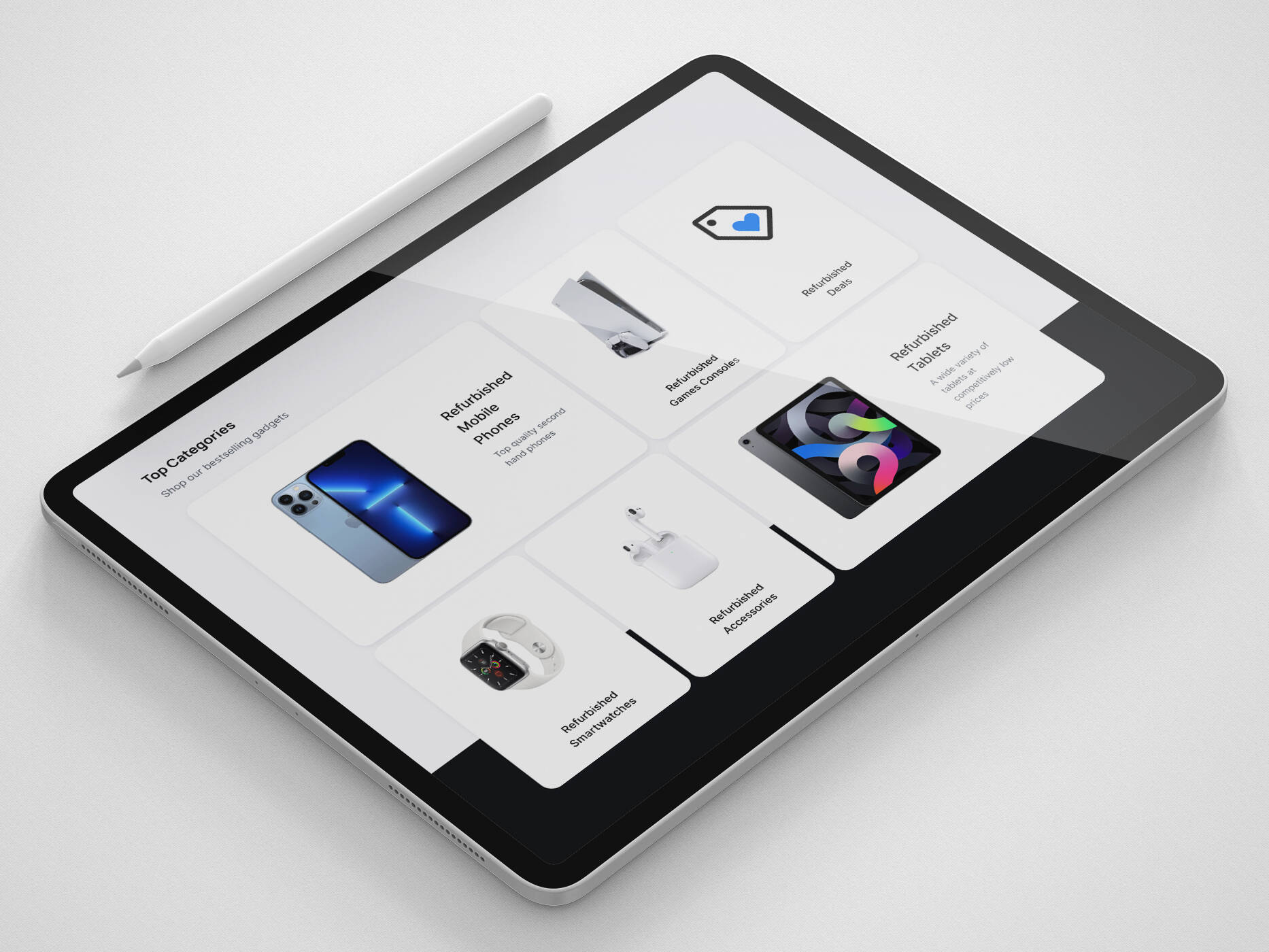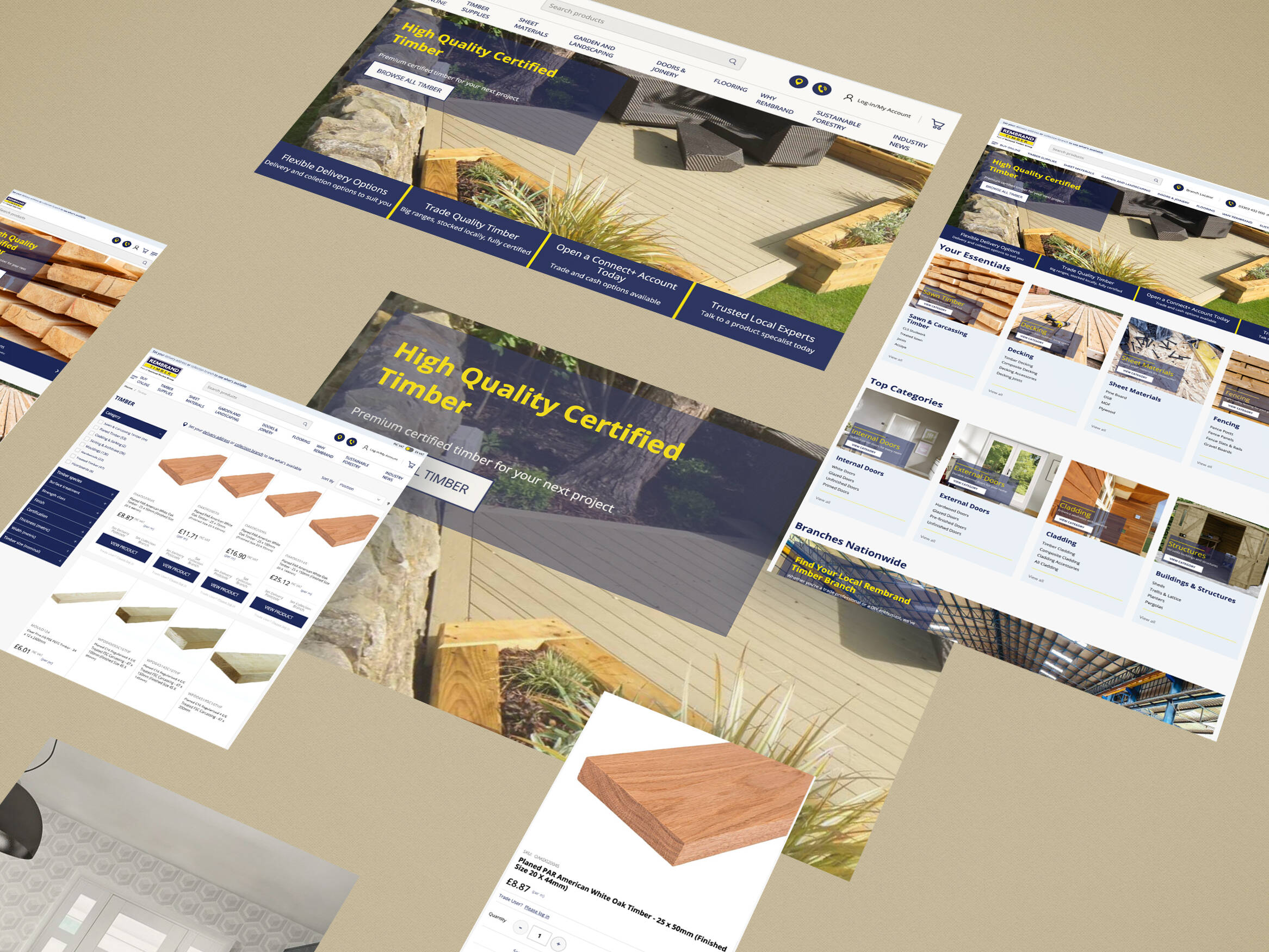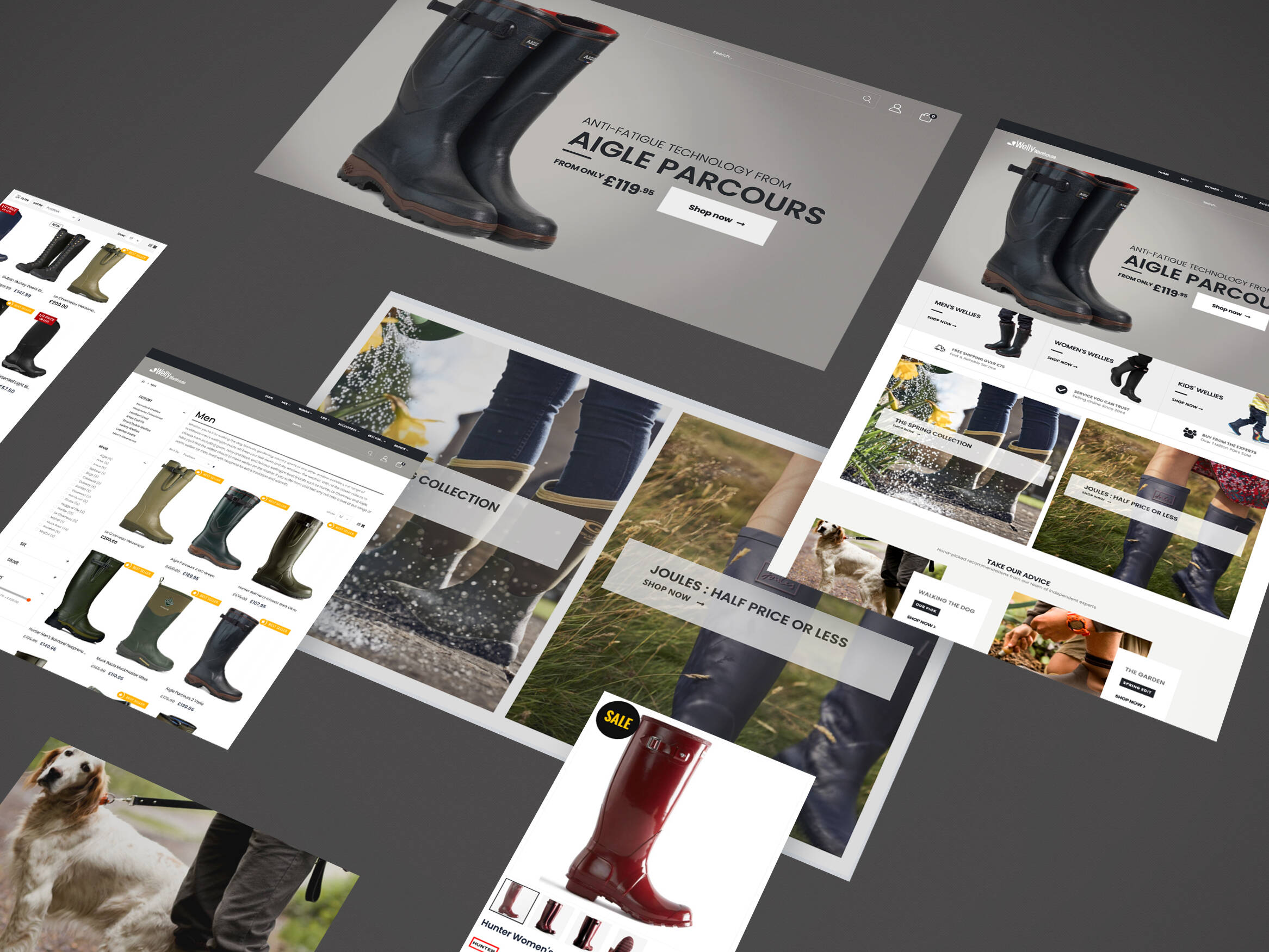iWeb has been working with Yuasa, a world leading battery supplier, since 2013. We built their web presence out, consisting of five regional sites. We recently completed a project to add multilingual support to their regional sites. During this project we had to overcome many challenges. In this post we’ll explain some of the technical and user experience considerations.
As you would expect, each regional site follows a consistent structure. Each site is managed by their respective marketing team and written in their native language. Over time each site has expanded to contain a fair amount of region specific information.

Using GeoIP technology we are able to roughly locate each visitor. Using this information we’re able to make a number of smart assumptions. When visiting the Yuasa Europe website, users are automatically redirected to their regional site. If we’re unable to detect where the visitor is from, they’re presented with a region selector.
Yuasa provide a vehicle battery lookup system to help visitors find the right battery. Some features are unavailable in certain regions, such as number plate lookup. Using the visitors location, we’re able to tailor the experience to the region they are in.
The Yuasa websites are powered by Magento, a leading eCommerce platform. Editorial content is pulled in from WordPress using our in-house Magento/WordPress integration.
Each website is fronted by a single Magento installation. Magento has a concept of multiple stores, each of which can have a different theme. Each regional site is setup using their native language.

The content is managed by several WordPress installations, one per region. Using a WordPress Multilingual plugin called WPML, Yuasa are able to manage several translations of each web page. Translating an existing page is like creating a copy. Once the copy is created you’re able to toggle between each language.
WPML remembers the relationship between the original version of a page and it’s translated copies. A language switcher in the WordPress dashboard allows you to switch between languages for all pages.
WPML also has a number of handy features which make our lives as developers easier. For example, if we reference a page ID within our theme code, WPML will return the correct page for that language. WPML can automatically adjust IDs used within themes ensuring the user always gets the content in the correct language.

There are times when we need to hard code text within our theme. We could wrap the text in an if/else statement. However, this would quickly produce bloated and hard to maintain code. Instead, WPML provides us with a feature that helps us with theme/plugin translation. By using the gettext utility functions we can wrap text we want translating. The string translation module then scans the WordPress theme, picking out translatable strings. It’s then possible, through a friendly interface, to go in and provide the relevant translations.
Working on a network of multi-region and multilingual sites has it’s challenges. Using open source technology, we’ve built a solution that can scale globally. By taking the time to understand the business and customer requirements we were able to identify and deliver a number of smart, timesaving solutions which help deliver a superior customer experience. If your website is lacking a certain je ne sais quoi, why not get in touch with iWeb to see if we can help you deliver an outstanding customer experience.
Get in touch
We know commerce, let us help you improve customer experience, increase conversion rates, and make that digital change.
- hello@iweb.co.uk
